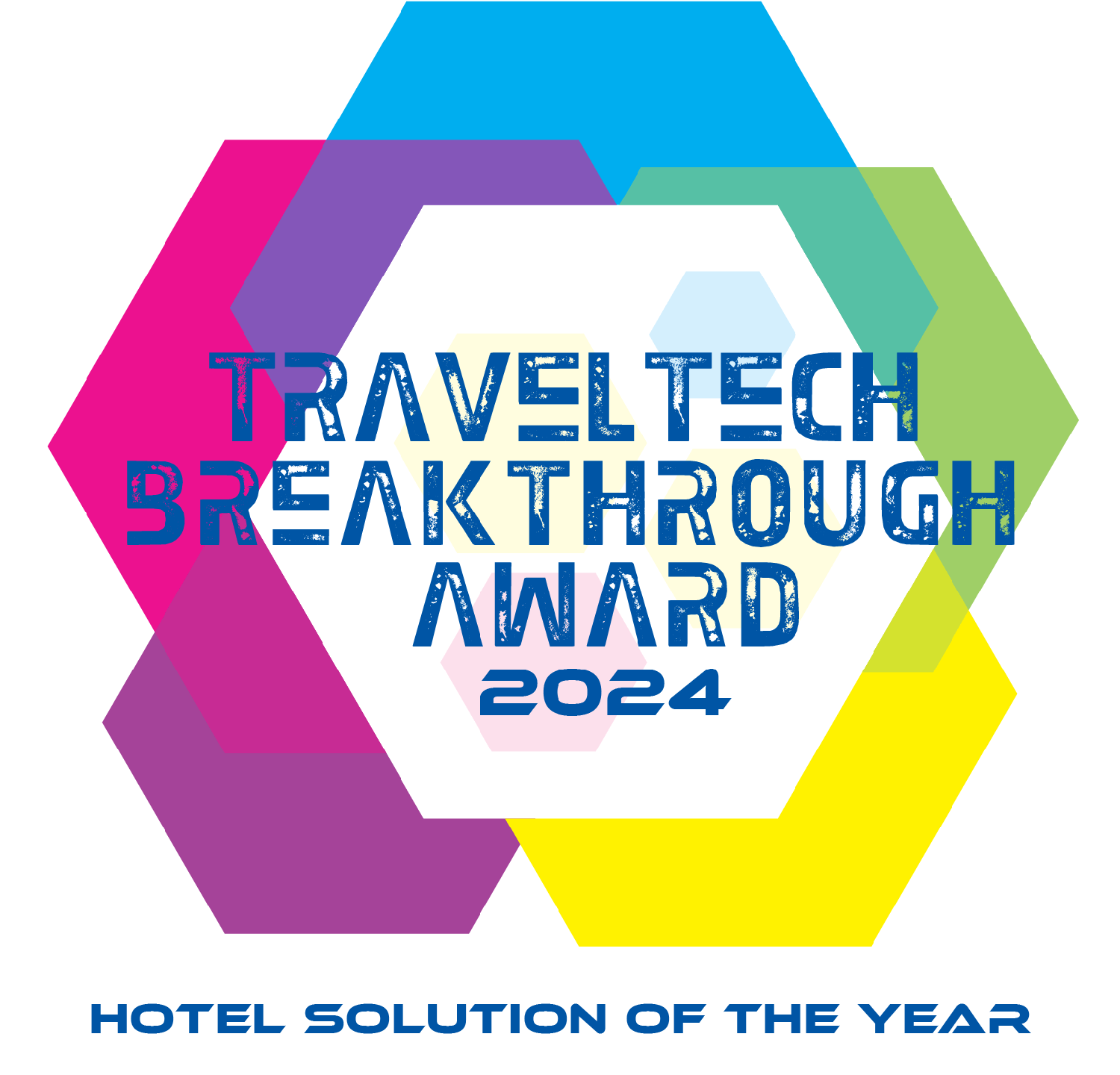The hotel industry has been behind other segments of the hospitality industry in adapting to the smartphone revolution. This isn’t necessarily a bad thing: the brand of service provided by hotels is not conducive to tech support hiccups and challenges.
However, booking apps for taxis and flights are already in widespread use and tech savvy travelers are both aware of new technologies, and eager to embrace them.
This adaptation to app use and the accompanying appetite amongst many consumers for more seamless travel experiences has opened up new avenues for hoteliers to tap into.
Of course, having a completely tech equipped hotel leans towards the satisfaction of a niche community, one that values the novelty of the new and wants to see how deeply technology can be implemented into the hotel stay experience. This trend is certainly not the right fit for every hotel, but the tech-forward hotels currently adopting this immersive approach will be driving market trends towards more tech-enhanced stay experiences across the hotel industry. One of the first successful adaptations to come out of tech-hotels is the mobile equipped keyless entry system, and it has been generating positive feedback from hoteliers and clients alike in because of its security, convenience and efficiency.
Why invest in keyless entry systems?
Plastic key cards have been in wide use within the industry for decades now, and while they have proven relatively cheap and reliable, they are also prone to demagnetizing, loss, theft, and hacking. In addition, the programming and disposal of the cards takes time and resources that are fast becoming unnecessary. Starting in early 2014, some big hotel chains began to pilot Bluetooth-enabled keyless entry to terrific success and it was recently announced that both Hilton and Marriot are making the switch across all their branded hotels. This trend amongst the bigger chains to integrate keyless entry begins with enticement for the business travel segment, inevitably dispersing across all travel segments.
Of course, the desire of travelers to have an expedited check-in experience will generate great word of mouth, but there are additional reasons to consider adopting keyless entry:
- Save time and money from plastic key cards: programming, tracking and replacement.
- Facilitate mobile check-in, saving time for guests and staff.
- Keyless entry systems are embedded in a hotel booking app, which guests download easily via OTA confirmation email or the hotel website, making rebooking easier directly through the app.
- Keyless entry and apps interact with cloud-based hotel management, which itself streamlines guest journey and business interactions, including room selection, check-in/out, upgrades and payments.
- Security: the room key is encrypted while downloaded via an app to a guest’s mobile device, which has been registered with the guest’s phone number, meaning that the key cannot be transferred to another device or another room. In addition, the key is only active during the time the room is booked for, enabling mobile checkout and again reducing interaction times.
Keyless entry systems drive hotel efficiency and security
In summation, the broad adaptation of keyless entry is soon to drive positive changes in guest and host activities across the hotel industry. Cloud-based HMS and booking apps reduce hotel reliance on OTAs, expedite booking and payment procedures and allow for remote tracking and editing of all documents and procedures. In addition, guests who feel empowered by the ability to book, check in and out and access their own rooms with autonomy and security are bound to voice great reports to their friends, driving both new and repeat bookings.











